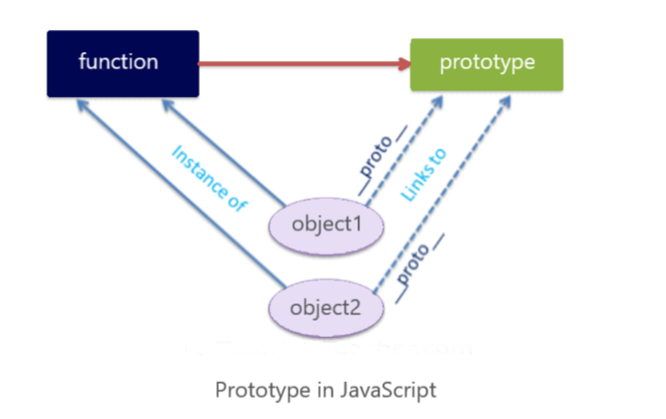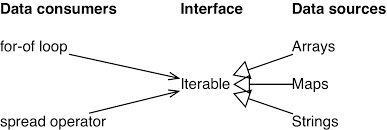JavaScript Prototypes and Iterables
Prototype Basics
In JavaScript, every object has a prototype. A prototype is also an object from which other objects inherit properties.
<!DOCTYPE html>
<html lang="en">
<head>
<meta charset="UTF-8">
<meta name="viewport" content="width=device-width, initial-scale=1.0">
</head>
<body>
<Script>
// Example of prototype inheritance
function Person(firstName, lastName) {
this.firstName = firstName;
this.lastName = lastName;
}
Person.prototype.fullName = function() {
return this.firstName + " " + this.lastName;
};
const Akef = new Person('Akef', 'Khan');
console.log(Akef.fullName()); // Output: Akef Khan
</Script>
</body>
</html>
Output: Akef Khan

Iterables
In JavaScript, iterables are objects that can be iterated over, such as arrays, strings, maps, sets, etc. Iterators define a method that returns an object with a 'next()' method.
<!DOCTYPE html>
<html lang="en">
<head>
<meta charset="UTF-8">
<meta name="viewport" content="width=device-width, initial-scale=1.0">
</head>
<body>
<Script>
// Example of custom iterable object
const myIterable = {
*[Symbol.iterator]() {
yield 1;
yield 2;
yield 3;
}
};
for (const value of myIterable) {
console.log(value); // Output: 1, 2, 3
}
</Script>
</body>
</html>
Output:
1
2
3
1
2
3

Prototypes with Iterables
We can also combine prototypes and iterables by defining iterable behavior on the prototype of an object.
<!DOCTYPE html>
<html lang="en">
<head>
<meta charset="UTF-8">
<meta name="viewport" content="width=device-width, initial-scale=1.0">
</head>
<body>
<Script>
// Prototype and Iterable combined
function Collection() {
this.items = [];
}
Collection.prototype.add = function(item) {
this.items.push(item);
};
Collection.prototype[Symbol.iterator] = function* () {
for (let item of this.items) {
yield item;
}
};
const myCollection = new Collection();
myCollection.add('Apple');
myCollection.add('Banana');
for (const item of myCollection) {
console.log(item); // Output: Apple, Banana
}
</Script>
</body>
</html>
Output:
Apple
Banana
Apple
Banana